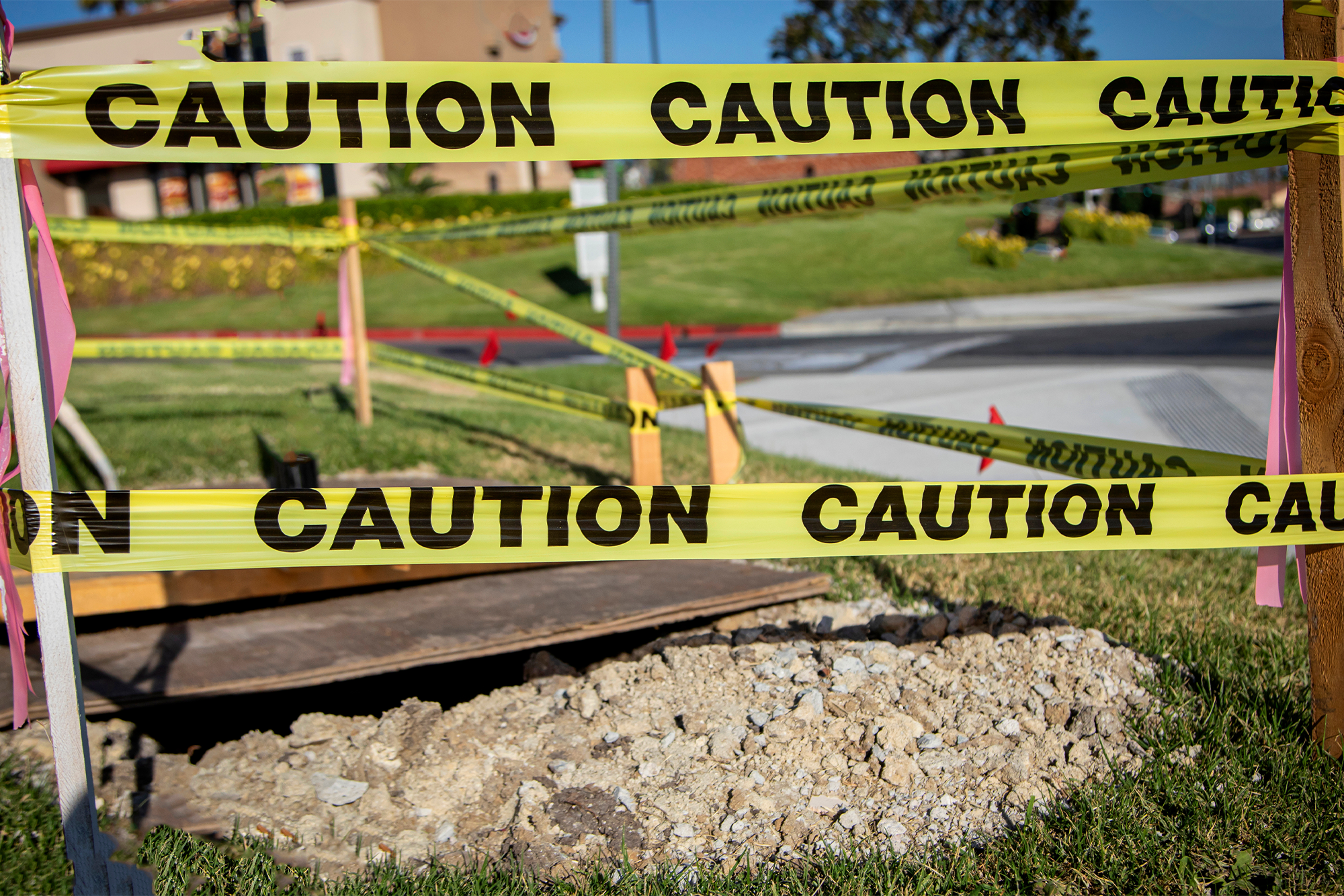Two Big Challenges Facing The Oil and Gas Industry In 2022 And Beyond
As we near the end of 2021, the COVID-19 pandemic persists, and has continued longer than many predicted. The virus’s lingering effects has forced many industries to rethink their daily operations. This is true in the oil and gas industry as well. The energy sector has experienced significant challenges in terms of prices, demand, supply, investment, and a variety of other issues. Some oil and gas companies have been able to resume normal operations now that the COVID-19 vaccine is widely available, but getting back to pre-pandemic normalcy hasn’t been easy for everyone. INSURICA has identified two major challenges the oil and gas industry will continue to face in 2022 and beyond.
Long-Term Impacts of COVID-19
The long-term ramifications of COVID-19 are still unclear. In addition to the regulatory hurdles operators must face, the recent federal vaccination mandate is in limbo after being paused by a federal appeals court. In the meantime, oil and gas companies should work toward establishing operational policies to address the more than likely inevitable mandate.
“The Occupational Safety and Health Administration (OSHA) issued an emergency temporary standard (ETS) in early November to minimize the risk of COVID-19 transmission in the workplace. The ETS requires large employers (100 + employees) to protect unvaccinated employees from the risk of contracting COVID-19 in the workplace. More recently OSHA has released an announcement suspending the implementation. It is very important for employers to continue to monitor OSHA ETS updates to determine if there are changes in its status.”
– Garrett Campbell, CIC, ERIS | Oklahoma City, OK
Regulatory Challenges
“We covered the continuous regulatory problems that oil and gas companies must handle with heightened scrutiny on environmental, social, and governance (ESG) transparency in our Fall issue of Energy Times, and those responsibilities continue to grow. Just recently, the Environmental Protection Agency (EPA) released a new methane rule that will make oil and gas companies have to more accurately monitor and repair methane leaks from new and existing wells and pipelines. While this is a step in the right direction to help curve greenhouse emissions, these new regulations on oil and gas operators can be costly, and will directly impact well site owners, especially those with older, marginal wells.”
– Garrett Campbell, CIC, ERIS | Oklahoma City, OK
Conclusion
Historically, economic highs and lows are to be expected in the oil and gas industry, but the recent industry downturn resulting from the COVID -19 pandemic is likely to change the way the entire industry and market operate for good. As the long-term effects of COVID-19 and regulatory issues are still evolving, it is very important that business owners work closely with their risk advisors to stay well-informed of the ongoing changes and exposures they may face. Find a team near you at INSURICA.com/our-team for more risk management services.
About the Author
Share This Story
Related Blogs
Understanding Your School Property Schedule
Your property schedule is one of the most important—and [...]
Commercial General Liability Insurance
Running a business comes with significant risk. Everyday interactions, such as serving customers, visiting clients or running marketing campaigns, can expose businesses to potential liability. A customer could slip on a wet floor, a contractor could accidentally damage a client’s property, or a marketing campaign could unintentionally harm the reputation of a competitor. Just one single liability incident can trigger an expensive lawsuit and have far-reaching consequences. Beyond potential settlement costs, legal defense costs—even if claims are found to be baseless—can quickly escalate into tens or hundreds of thousands of dollars. Furthermore, litigation can disrupt operations and undermine customer and stakeholder trust.
Mounting and Dismounting Forklifts
Forklifts play an important role in moving materials safely and efficiently in many workplaces. However, even a simple task like getting on or off a forklift can lead to serious injuries if not done correctly.






